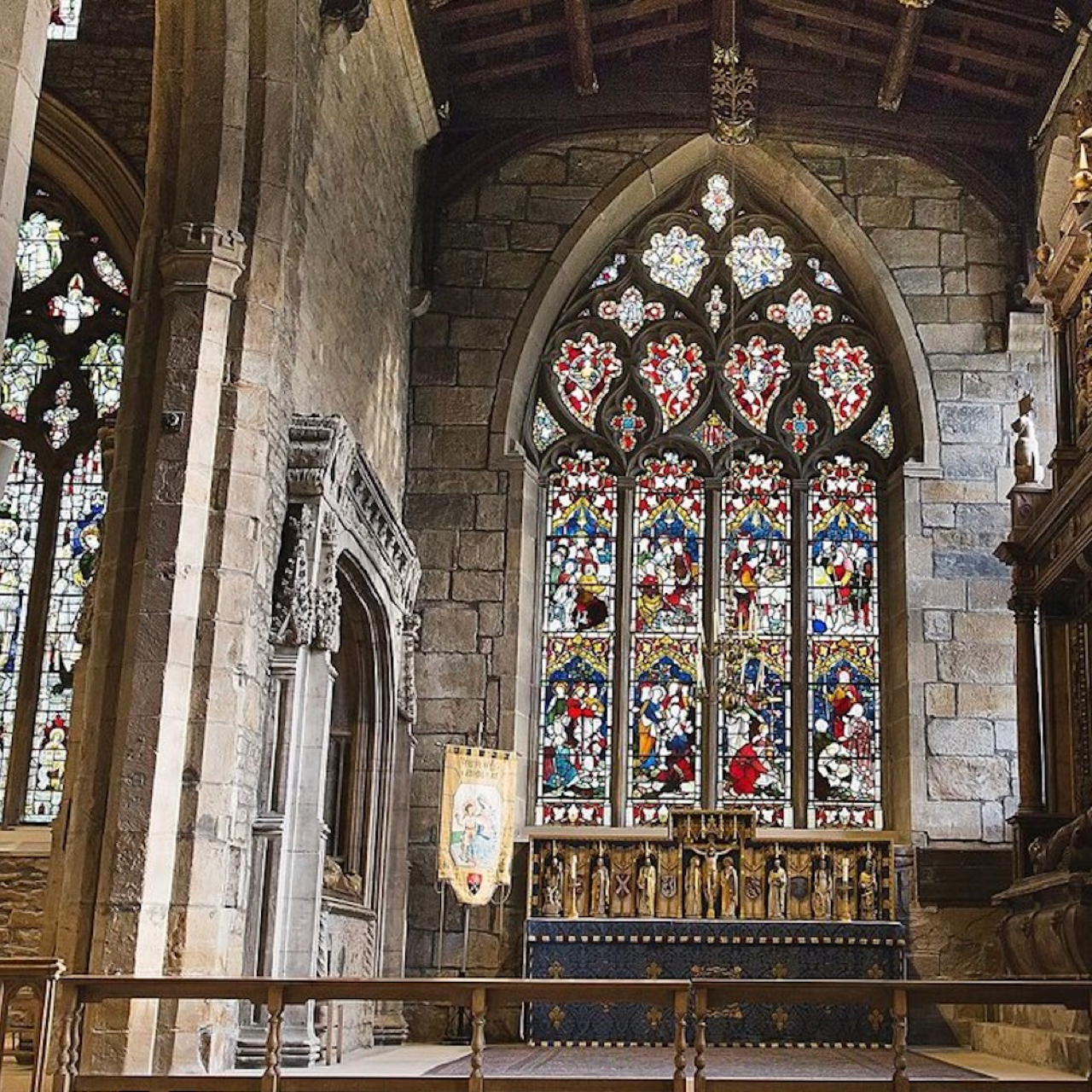 Reading from Romans, 12:1-8 – and Meditation
Reading from Romans, 12:1-8 – and Meditation
1 I appeal to you therefore, brothers and sisters, by the mercies of God, to present your bodies as a living sacrifice, holy and acceptable to God, which is your spiritual worship. 2Do not be conformed to this world, but be transformed by the renewing of your minds, so that you may discern what is the will of God — what is good and acceptable and perfect. 3For by the grace given to me I say to everyone among you not to think of yourself more highly than you ought to think, but to think with sober judgment, each according to the measure of faith that God has assigned. 4For as in one body we have many members, and not all the members have the same function, 5so we, who are many, are one body in Christ, and individually we are members one of another. 6We have gifts that differ according to the grace given to us: prophecy, in proportion to faith; 7ministry, in ministering; the teacher, in teaching; 8the exhorter, in exhortation; the giver, in generosity; the leader, in diligence; the compassionate, in cheerfulness.
Meditation
How do we know the will of God if we don’t physically hear God’s voice? Some of us hear the Spirit of God speaking clearly within, but not everyone does. St. Paul provides a much more universal standard for knowing God’s will: He admonishes us to understand our lives as “living sacrifices,” given up to the service of God. With this attitude, we immerse ourselves in scripture, liturgy, worship, and prayer, so that these practices can renew our mind and character to be made in the image of God’s Son. With minds that “think God’s thoughts after him,” we develop our spiritual ability to discern the will of God in daily decisions in the world.
We serve God because our lives belong utterly to God. But St. Paul draws out a further consequence of this being “transformed”: that we belong to each other. This is a particularly difficult concept in a culture that values independence. St. Paul quite explicitly teaches that every person in the Body of Christ has a place of belonging, and that each of us “belongs to all the others.” Our lives are not our own. This is why division between Christians is such an abomination.
There are two astonishing lessons here. First, everyone who is in union with Christ belongs. We no longer need to search out identities outside of the Body of Christ in order to feel that we have a home or an identity. Second, we each have a gift that needs to be shared with the wider Body of Christ. And St. Paul’s list is not intended to be exhaustive. What gifts can we add? Most importantly, who are the Christians we are not in fellowship with? How do we need their gifts? What can we change so that we belong to them?
Photo – Sheffield Cathedral
Image-1-47.png


